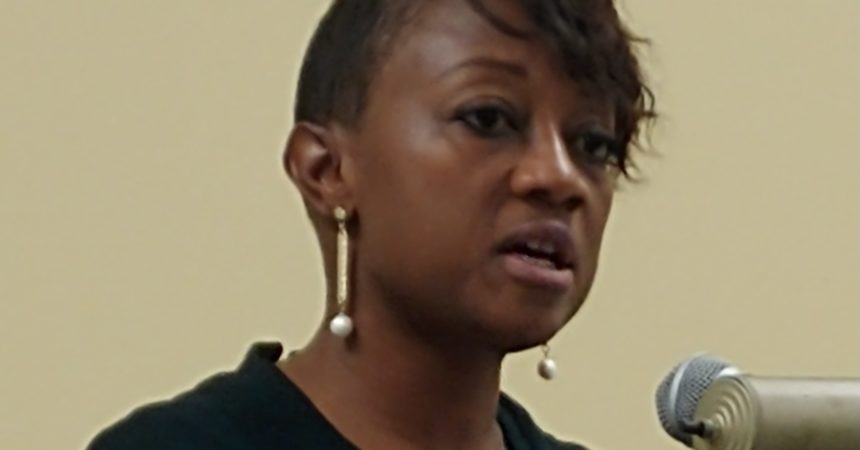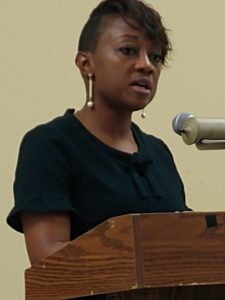
Economic struggles threaten survival of local small Black businesses
Since Gov. Ron DeSantis decided recently to reopen the state to begin restoring the Florida economy, one thing has become clear: small businesses have been hit hard by the closures brought on my coronavirus.
The shutdown of the state that began in mid-March has been especially devastating to small Black-owned businesses.
“It’s sad to say but I do see some casualties,” said Keith Bowers, Regional Director for the Business Development Center at FAMU. “I see some business closing their door and never opening them again.”
Coming back will be especially hard for some Black businesses that historically have been underserved because they lack access to capital, Bowers said. He added that many of the struggling businesses had been relying on day-to-day cash flow to operate.
Such companies might need to make sure that they are implementing strategies and ideas that ensure that there is no unnecessary expenditure taking place. For example, if business owners are not able to purchase their own office space, then they could consider renting out serviced offices until they are able to afford one. This could ensure that they would have space to carry out their daily operations and have extra funds that they could put into the development of other operational departments.
Regardless, it will be hard for a business to reopen after being shut down for two months, Bowers said. Many were thrown into a tailspin when DeSantis closed down businesses in the state.
“People were in a panic trying to figure out how to get money to pay their next payroll,” Bowers said.
Stimulus cash from the CARE Act to help small businesses might not be enough to save many of them. Known as the Paycheck Protection Plan, the federal government set aside $350-billion to provide small businesses with eight weeks of cash-flow assistance through guaranteed loans.

Katrina Alexander, president of the Capital City Chamber of Commerce, predicted that service-oriented businesses such as hair salons and barber shops will be among the survivors of the economic downturn.
Photo by St. Clair Murraine
The loans are backed by the Small Business Administration. Some of the key points about the PPP is that borrowers don’t have to make a payment for six months. Additionally, the loan can be forgiven and essentially become a non-taxable grant.
Even those kinds of perks might not be enough to save some small Black businesses, said Katrina Alexander, president of the Capital City Chamber of Commerce. Some businesses, such as the Soul Veggie restaurant on South Adams Street, have shut their doors already, she said.
In part, she said, some businesses had to close because of difficulty they were having with securing a loan. In many of those cases, the business owner didn’t have a history of borrowing from banks that have the federal funds, she said.
Alexander, however, expressed optimism that some Black businesses could restructure and make a comeback.
“They have to go through this transition,” she said. “It doesn’t have to be corporate; just some structure.”
While the traditional mom and pop businesses might be high among the economic casualties, Alexander predicted that service-oriented businesses such as hair salons and barber shops will be among the survivors of the economic downturn.
“They are not going anywhere,” she said.
The problem is survival runs deep in the Black-owned business sector nationally. Black owned companies generate over $103 billion in receipts annually, with about $17 billion in the health care and social assistance sectors, Andre Perry, a fellow at the Brookings Institution, told Marketplace.org
It also reported that retail and restaurants are vulnerable economically because of the pandemic.







